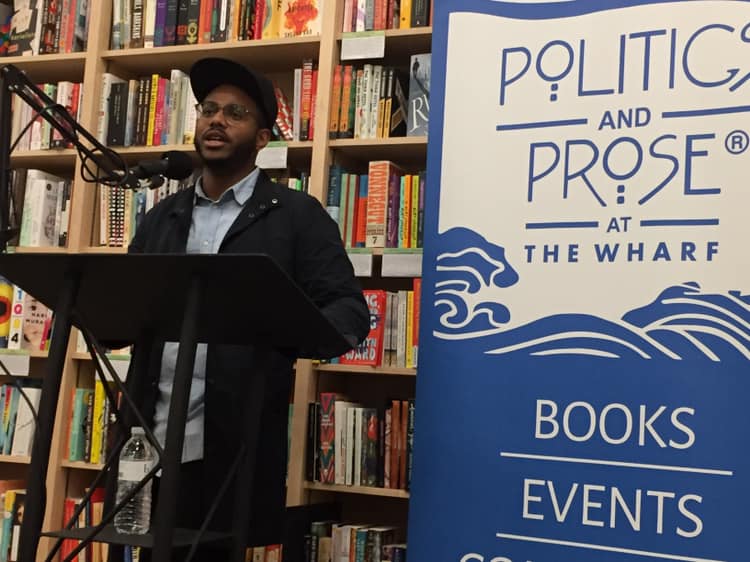
Chef Kwame Onwuachi’s first restaurant failed after 11 weeks. His failure was very public given his fame as a Top Chef contestant and extensive media attention leading up to the restaurant opening.
Many people would have struggled to bounce back after this type of failure. Instead, Onwuachi went on to open a popular second restaurant, win a James Beard award, and publish a best-selling memoir.
When I read Onwuachi’s memoir, Notes From a Young Black Chef, I was impressed with his resilience despite overwhelming hardship. He has a long list of traumas, including child abuse, poverty, racism, and hostile work environments. He weathered these and other challenges to achieve his dream of sharing his and other African American stories through cooking.
What makes Onwuachi so resilient?
When I asked Onwuachi where his resilience comes from, he emphasized the importance of “having people in your corner.” He explained that he calls a good friend when times are tough, and this social support helps him work through problems. His strong family ties, despite an abusive father, and his ability to build supportive social networks also contribute to his resilience.
Onwuachi is a master problem solver who isn’t afraid to ask for help. He embraces failure as a learning experience, telling an audience that “true failure is not trying.” While hoping for the best, he prepares for the worst, creating systems and spreadsheets that help him manage huge workloads.
Cooking was how Onwuachi found meaning from a young age. In his book, he describes a time when he hit rock bottom and “never felt so alone or so rootless.” He was “hungover, strung out, and depressed” and felt the world was moving forward without him. To pull himself out of this funk, he cooked chicken curry, a dish that reminded him of home and real love.
Like his grandfather, Onwuachi promotes racial justice and equality, which gives him meaning and purpose beyond his cooking. In his book, he provides many examples of efforts to combat racism and promote more inclusivity in restaurant kitchens.
Onwuachi’s sense of humor helps him maintain a positive outlook. His interview with Trevor Noah highlights his natural self-deprecating humor and his ability to view adverse events from a more positive framework.
Onwuachi’s story is an inspiration and a reminder that all of us can overcome trauma and hardship. Like Onwuachi, are you incorporating resilience factors into your life?
Do you have a resilience story you’d like to share? If so, click on the blog comments and share your story.

